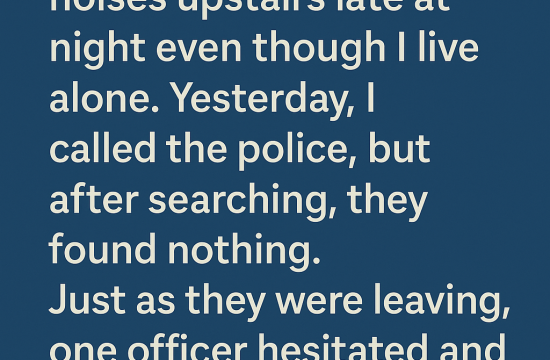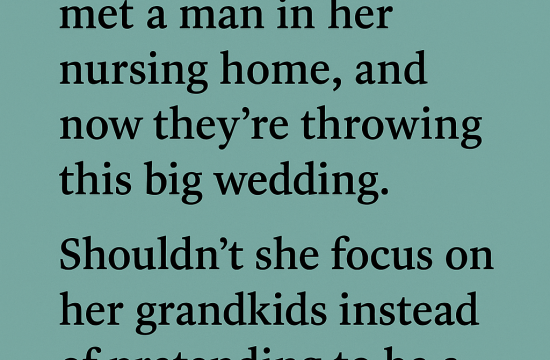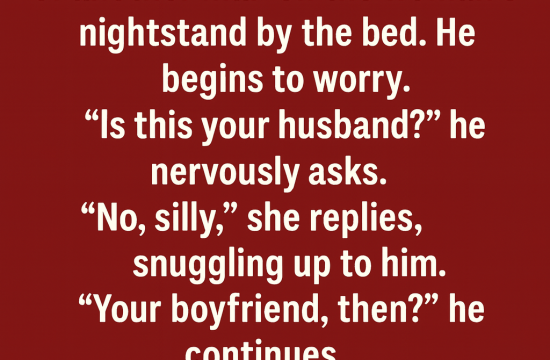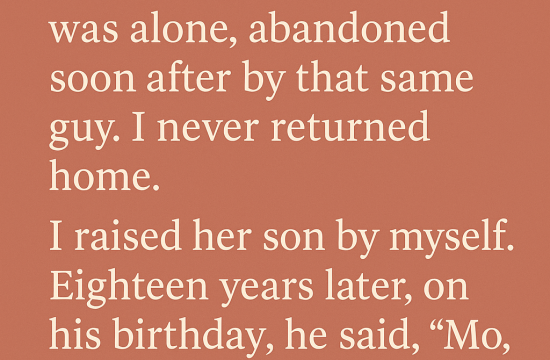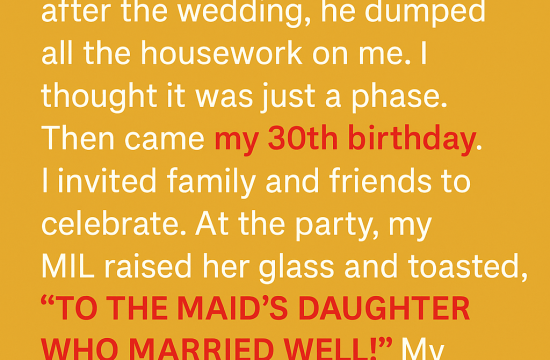One sweltering afternoon, I boarded a packed train and sat in a priority seat. My prosthetic was hidden beneath loose pants—nothing visibly marked me as disabled. A few stops later, a woman stormed up, scowling. “That seat’s not for people like you,” she snapped. “You’re not disabled.”
I stayed calm, gently pulled up my pant leg, and revealed my prosthetic. Her eyes widened—but only for a moment. “Nice trick,” she scoffed, undeterred. She flagged down a conductor and loudly accused me of lying. He checked my medical ID and confirmed I had every right to be there. She backed off, but not before throwing a final glare.
Days later, I received notice of a complaint filed against me. False, of course—and quickly dismissed thanks to the conductor’s written statement.
Months passed. Then one morning, I saw her again—same train, same behavior. She was occupying multiple priority seats, berating an elderly man with a cane. This time, I quietly recorded the incident. I submitted the footage to transit authorities.
She was suspended from using the service and required to complete a conflict resolution course. I figured that was the end of our story.
But life’s strange like that.
Weeks later, at the rehab center where I volunteer, I spotted her sitting alone on a bench—disheveled, crying, her arm in a sling. I almost walked past.
Almost.
Instead, I sat beside her. “Rough day?” I asked.
She looked up, startled. Recognition flickered in her eyes. “You?” she whispered, ashamed.
“I volunteer here,” I said simply. “Need help getting inside?”
She nodded, tears brimming. “I’m sorry. I was wrong. About everything.”
I smiled. “We all have our days.”
Helping her wasn’t about forgiveness. I didn’t need an apology to move on. But I realized in that moment—what I did need was understanding. And maybe, so did she.
Now, people at the center call me “the leg guy.” I don’t mind. It’s better than “the angry guy on the train.”
I share this not to shame her, but to remind others: we never truly know someone’s pain, or where they’re coming from. What matters most isn’t always justice.
Sometimes, it’s grace.




